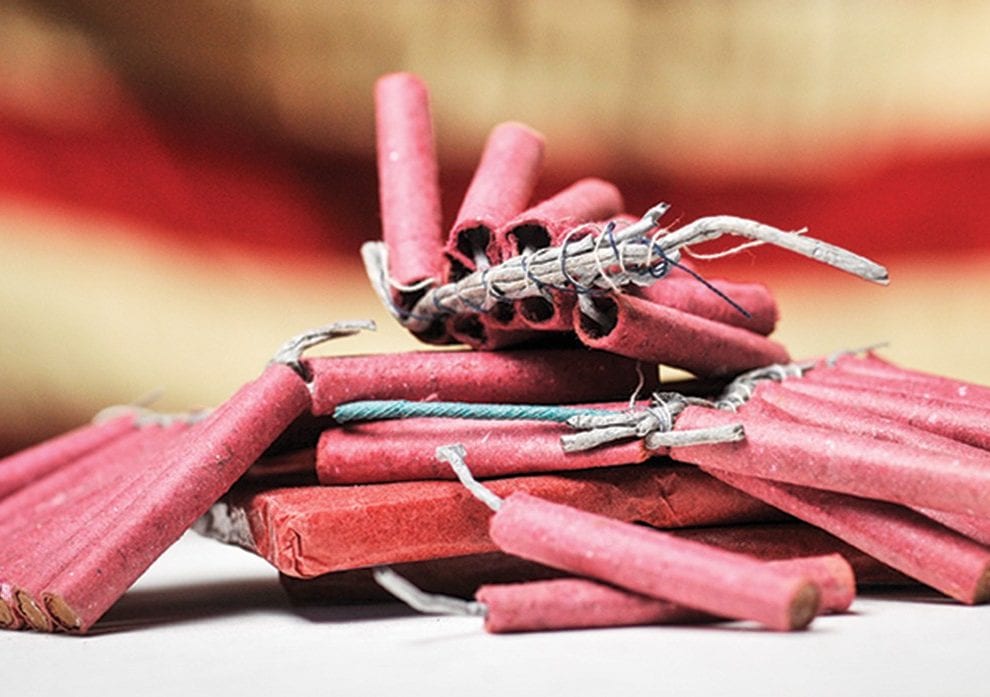New Delhi, October 23: People can burst low-emission firecrackers between 8 pm and 10 pm this Diwali, the Supreme Court said on Tuesday, ruling against a blanket ban on fireworks. But the top court ordered that the firecrackers should not be too noisy or polluting.
It also stipulated a 35-minute window for new year celebrations setting a time between 11:55 pm to 12:30 am for bursting crackers. No fire crackers would be burst during the day, it said.
It ordered the Petroleum and Explosives Safety Organisation (PESO) to give clearances to crackers only if they meet noise and emission standards.
The court also banned online sale of firecrackers and said it would be the responsibility of e-commerce companies to ensure there is no violation of the order.
After the top court imposed a complete ban on sale of firecrackers in the national capital region last year, Tuesday’s decision comes as a relief for many Delhites who want a bang for their bucks on Diwali. For the rest of the country, it will be the first time that the festival of lights would be celebrated under strict restrictions.
The Supreme Court’s verdict came on a petition against the sale of crackers by Delhi residents Arjun Gopal, 3, Aarav Bhandari, 3, and Zoya Rao Bhasin, 5, and their parents.
“I think every citizen has the responsibility to not contribute further to air pollution and expose our kids to dirty air,” Aarav’s father Amit Bhandari had said ahead of the SC verdict. The court said existing stocks of crackers would become redundant.
The top court had earlier said all aspects, including the fundamental right of livelihood of firecracker manufacturers and the right to health of over 1.3 billion people in the country, needs to be taken into account while considering a plea for the ban.
It had asked the Centre to suggest measures to be taken to curb the pollution and the effect of firecrackers on the public at large.
Manufacturers earlier told the court that the use of firecrackers should not be completely banned and it should instead be strictly regulated. They said firecrackers are not the reason for the increase in air pollution and there are other factors, like wind and temperature, which contribute to it.
India’s poor air quality causes over one million premature deaths every year, according to a joint report by two US-based health research institutes earlier this year. Delhi’s Air Quality Index (AQI) continued to be ‘very poor’ on Monday with an average reading of 318 of PM (particulate matter) 2.5 at 9 am, according to data of System of Air Quality and Weather Forecasting And Research (SAFAR).
Last October, the Supreme Court suspended the sale of firecrackers in Delhi-NCR till November 1 to in the run up to Diwali which was celebrated on October 19 in 2017. But the use of firecrackers in the city was still rampant on Diwali day, according to an analysis by the Centre for Science and Environment (CSE) of CPCB data.
The average PM2.5 concentration during Diwali and the morning after (12pm-12am, October 19-20) was 397 microgramme per cubic metre — 6.6 times higher than the safe limit and is in the ‘emergency’ zone. The day before Diwali (October 18), the 24-hour average was 184 microgramme per cubic metres.
Source Hindustan Times
Discussions
Discussions
